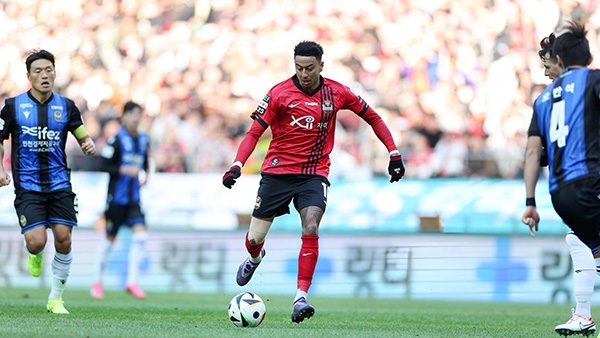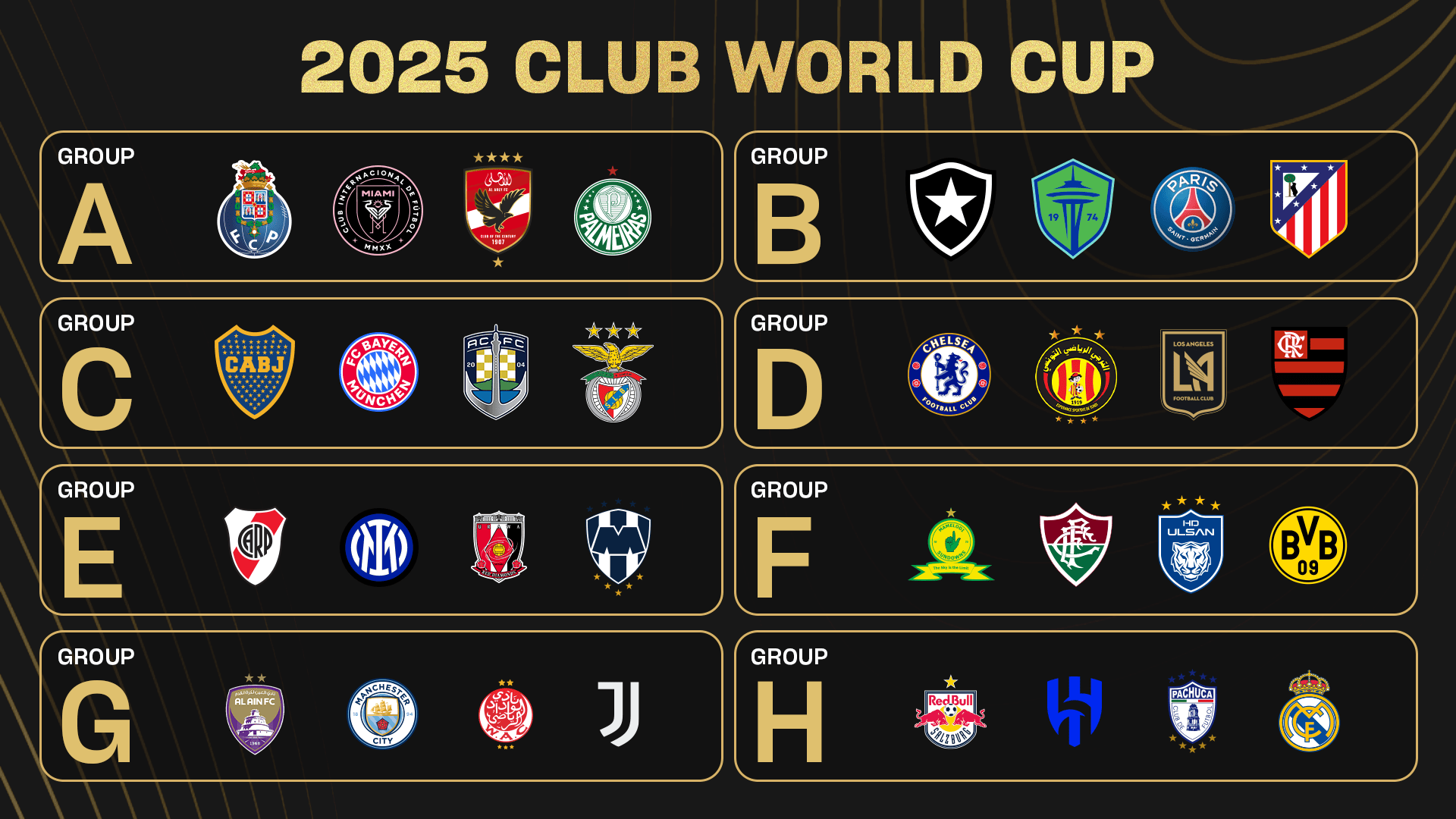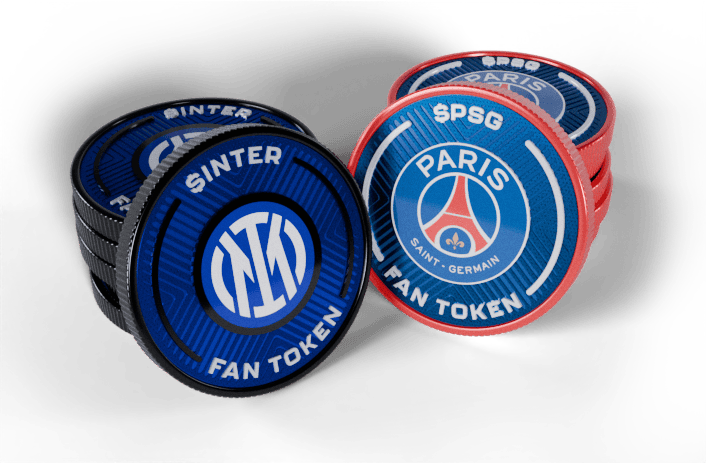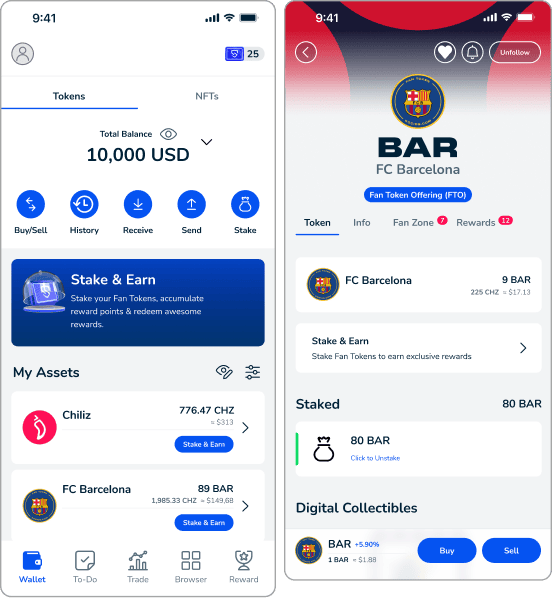What is K League
In case you didn’t know, South Korea is really into football. For those old enough to remember, the 2002 World Cup—jointly held in Japan and South Korea—was a vivid and colourful reflection of the sport’s popularity in the Asian country.
Since then, it’s only gotten more popular, partly thanks to the country’s individual superstars like Son Heung-min, other South Korean football team players, and the K League itself.
Below, we break down the league’s history, its most successful teams, how it works, and more—read on to find out more.
History of the K League:
The first season of the K League, played in 1983, featured just five teams, including the now-defunct Hallelujah FC and Yukong Elephants (later known as Bucheon SK).
Low attendance rates and financial issues plagued the competition’s early years—it wasn’t until 1996 that the league turned professional. Soon after, there was an uptick in the competition’s reputation. The national government announced a decentralisation policy to boost the sport’s popularity after the country was confirmed as host of the 2002 World Cup in the same year.
The tactic worked. The league grew exponentially.
In the modern era, it’s never been more popular. In 2023, the K-League announced it attracted 1.83 million fans across 176 games throughout the 2023 season, smashing the previous record of 1.82 million spectators in 228 matches in 2019.
Structure of the League:
There are two K League divisions—Korean K League 1 and K League 2. The latter was established in 2013 to accommodate the boom in professional South Korean football. There are also two semi-professional leagues – K3 League and K4 League.
There are 12 clubs in the Korean football league table – each of which play each other three times throughout the season. The league also employs a Split System format – ostensibly, it involves dividing the league into two groups at a set point in the season. The top six teams play each other once in a mini-league, with the bottom six also playing each other once to decide the final standings in the campaign.
The team finishing atop the Korean football league table is labelled the national champion, while the bottom team is automatically relegated. The two teams that sit second and third from bottom participate in a relegation playoff.
South Korean Football Teams and Players:
Here’s a brief breakdown of all the Korean football teams in the K League and some key information about each.
Gwangju FC
- Stadium: Gwangju World Cup Stadium
- K League Titles Won: 0
- Notable Players: Ahn Young-kyu, Jasir Asani, and Thomás Bedinelli
Somewhat of a yo-yo club, they have bounced between K League 1 and K League 2 since coming into existence back in 2011. It is known for its youth development program and has produced many talented players who have gone on to play for the national team.
Jeonbuk Hyundai Motors FC
- Stadium: Jeonju World Cup Stadium
- K League Titles Won: 9
- Notable players: Tiago Orobó, Tomáš Petrášek, and Lee Dong-jun
One K League prediction you can make with confidence is that the Jeonbuk Hyundai Motors FC will be there or thereabouts at the end of the season. They can count two AFC Champions League to their name, won in 2006 and in 2016.
Ulsan HD FC
- Stadium: Ulsan Munsu Football Stadium
- K League Titles Won: 4
- Notable players: Darijan Bojanić, Martin Ádám, Um Won-sang
The recent back-to-back season champions (2022 and 2023) are also two-time AFC Champions League Winners (2012, 2020).
Gangwon FC
- Stadium: Chuncheon Songam Sports Town Gangneung Stadium
- K League Titles Won: 0
- Notable players: Yago Cariello, Galego, and Kim Dae-won
Despite never threatening to win a league title, Gangwon FC has been a near-ever-present in the K League since its inception in 2009. Indeed, only three of its 15 years in the competition have been in K League 2.
FC Seoul
- Stadium: Seoul World Cup Stadium
- K League Titles Won: 6
- Notable Players: Jesse Lingard, Aleksandar Paločević, Kang Seong-jin
One of the most successful teams in K-League history, they were recently adjudged to be the most valuable football brand in the division.
Suwon Samsung Bluewings FC
- Stadium: Suwon World Cup Stadium
- K League Titles Won: 4
- Notable Players: Dave Bulthuis, Choi Sung-keun, Han Ho-gang
Based out of Suwon, the Bluewings are one of the most successful clubs in the K-League, with six league titles and two AFC Champions League trophies to their name.
Incheon United FC
- Stadium: Incheon Football Stadium
- K League Titles Won: 0
- Notable Players: Stefan Mugoša, Hernandes Rodrigues, and Sin Jin-ho
Forever in the shadow of their fierce rivals FC Seoul, Incheon United FC have yet to win a title but have come close twice, finishing runners-up in two of their campaigns.
Pohang Steelers FC
- Stadium: Pohang Steel Yard
- K League Titles Won: 5
- Notable Players: Jonathan Aspropotamitis, Jorge Luiz, and Wanderson
The club has a rich history, having won the league title five times and multiple domestic cups. They are known for their attacking style of play and have produced many talented players over the years.
Sangju Sangmu FC
- Stadium: Sangju Civic Stadium
- K League Titles Won: 0
- Notable Players: Choe Byeong-chan, Yoon Jong-gyu, and Lee You-hyeon
While they have never won a league title, the club’s uniqueness lies in its squad, which consists of players serving their mandatory military service. Despite this obvious roster challenge, they have had some successful seasons, including a runner-up finish in the K League 1.
Daegu FC
- Stadium: Daegu Stadium
- K League Titles Won: 0
- Notable Players: Edgar, Cesinha, and Jang Seong-won
Founded in 2002, Daegu has a loud and passionate fan base, which they tap into when in the midst of one of their fierce rivalries with Ulsan HD FC. They have had some successful seasons, including a runner-up finish in the K League Cup.
Daejeon Hana
- Stadium: Daejeon World Cup Stadium
- K League Titles Won: 0
- Notable Players: Ju Se-jong, Kim Hyun-woo, Leandro
Despite financial difficulties, Daejeon Hana Citizen has a strong fan base and continues to compete at the highest level in Korean football.
Jeju United FC
- Stadium: Jeju World Cup Stadium
- K League Titles Won: 7
- Yuri, Reis, and Choi Young-jun
Known as “The Islanders”, Jeju FC boasts a loud and passionate fan base. The team has a rich history and has won several domestic titles, including the K League Cup, Korean FA Cup, and Korean Super Cup.
Fan Culture and Support:
The league’s fan attendance is among the highest in Asia, with an average of over 10,000 spectators per game. The K League has one of the world’s highest attendance rates per capita, surpassing even some of Europe’s top leagues.
Rivalries and Derby Matches:
The beauty of this sport is the rivalries we develop along the way. Here are three of the top K League vendettas in the league.
Suwon Samsung Bluewings vs FC Seoul
Suwon Samsung Bluewings and FC Seoul participate in the Super Match, a clash acknowledging the founding teams of the K League.
Jeonbuk Hyundai Motors vs Ulsan Hyundai FC
Jeonbuk Hyundai Motors, based in Jeonju, and Ulsan Hyundai FC, based in Ulsan, are both owned by the Hyundai Motor Group, but you wouldn’t think there is any link when you see the two teams going for it against each other.
Incheon United vs FC Seoul
Known as the Gyeongin Derby, these two share a genuine, battle-hardened rivalry and it captures the attention of thousands of K League viewers every season.
International Success and Recognition:
Despite taking its time to become a professional, well-respected competition from its 1983 formation, the K League has flourished into one of the most compelling and viewed football leagues in the region.
The league’s uptick in popularity in South Korea was evident quickly after the country co-hosted the World Cup, and plenty of clubs have since challenged regional teams in international competitions, including the AFC Champions League.
Future Outlook and Developments:
Despite its success, the K League has been working hard to improve its competitiveness and visibility both domestically and internationally.
One way the league is attempting to evolve is by implementing advanced technology to enhance the experience for viewers and fans. The recent partnership with Chiliz, a web3 pioneer, is a key example of this.
Chiliz’s cutting-edge technology and innovative approach to fan engagement will allow the K League to reach a wider global audience. This partnership will give fans unique opportunities to interact with their favourite teams and players through blockchain-based tokens, virtual goods, and other digital assets.






